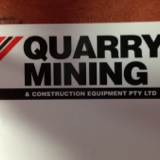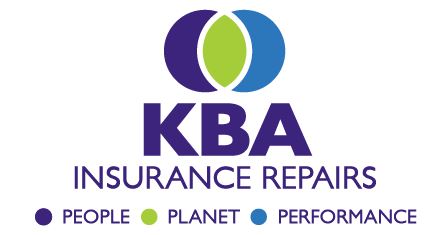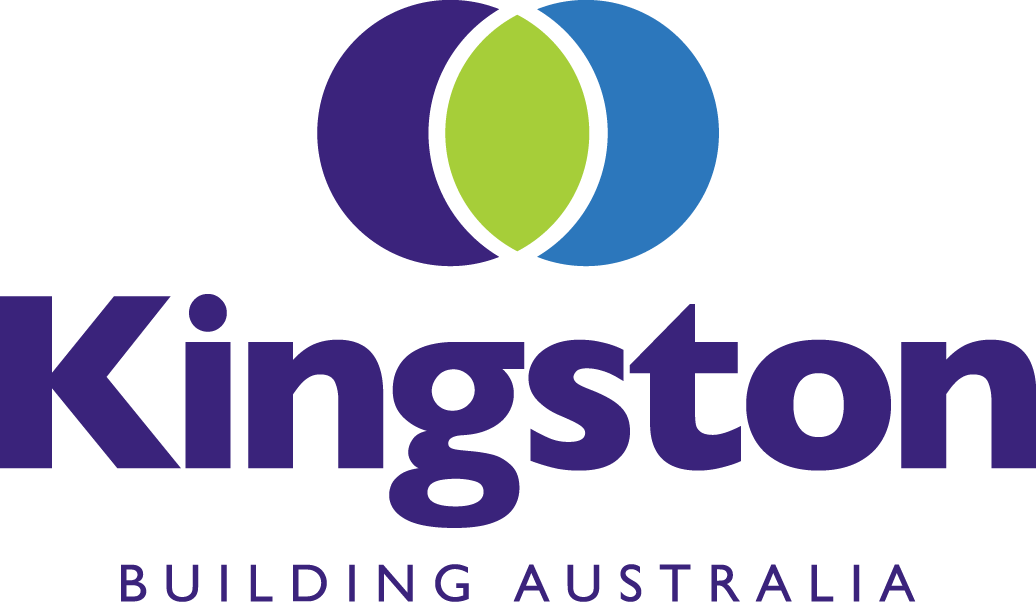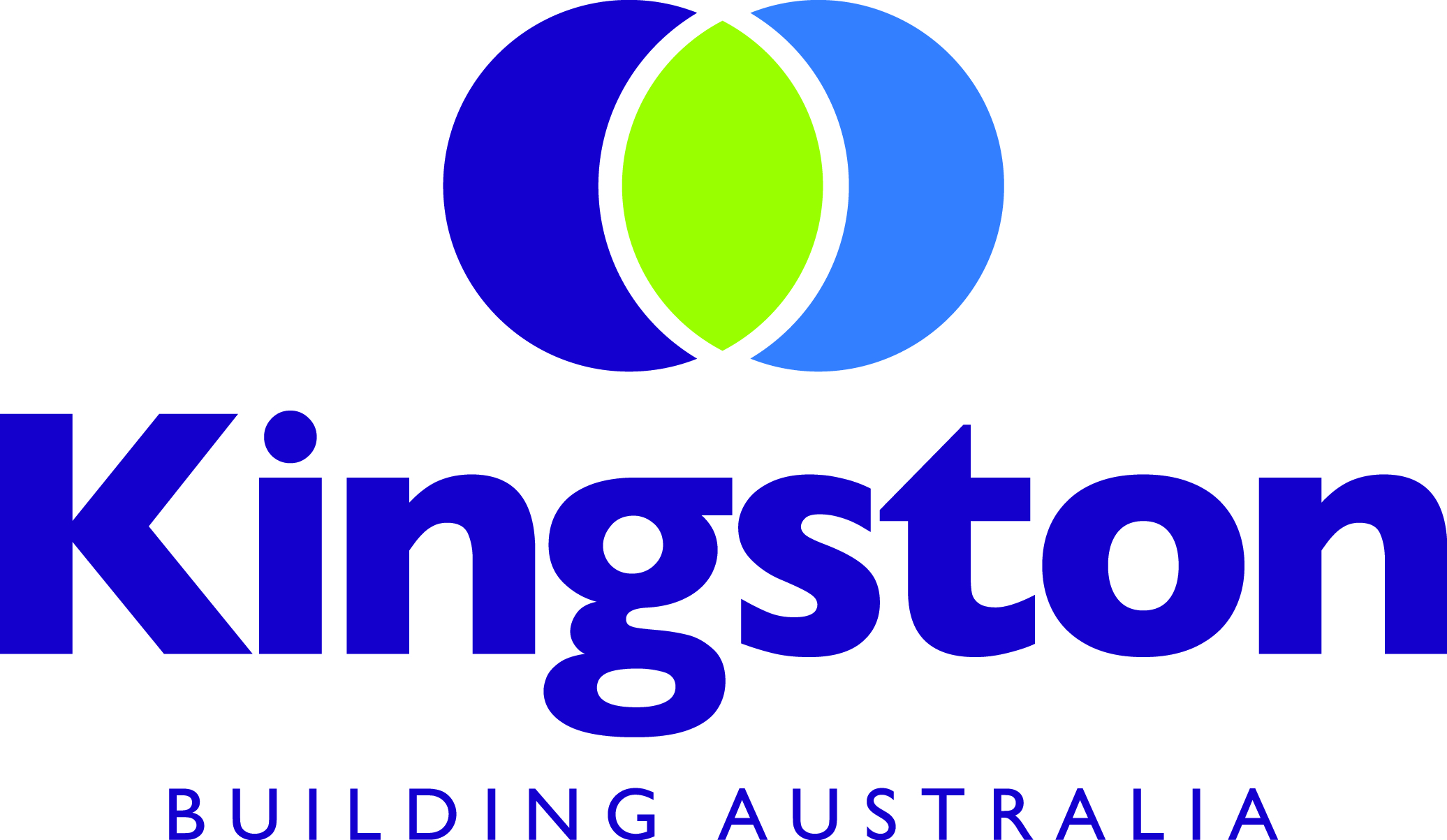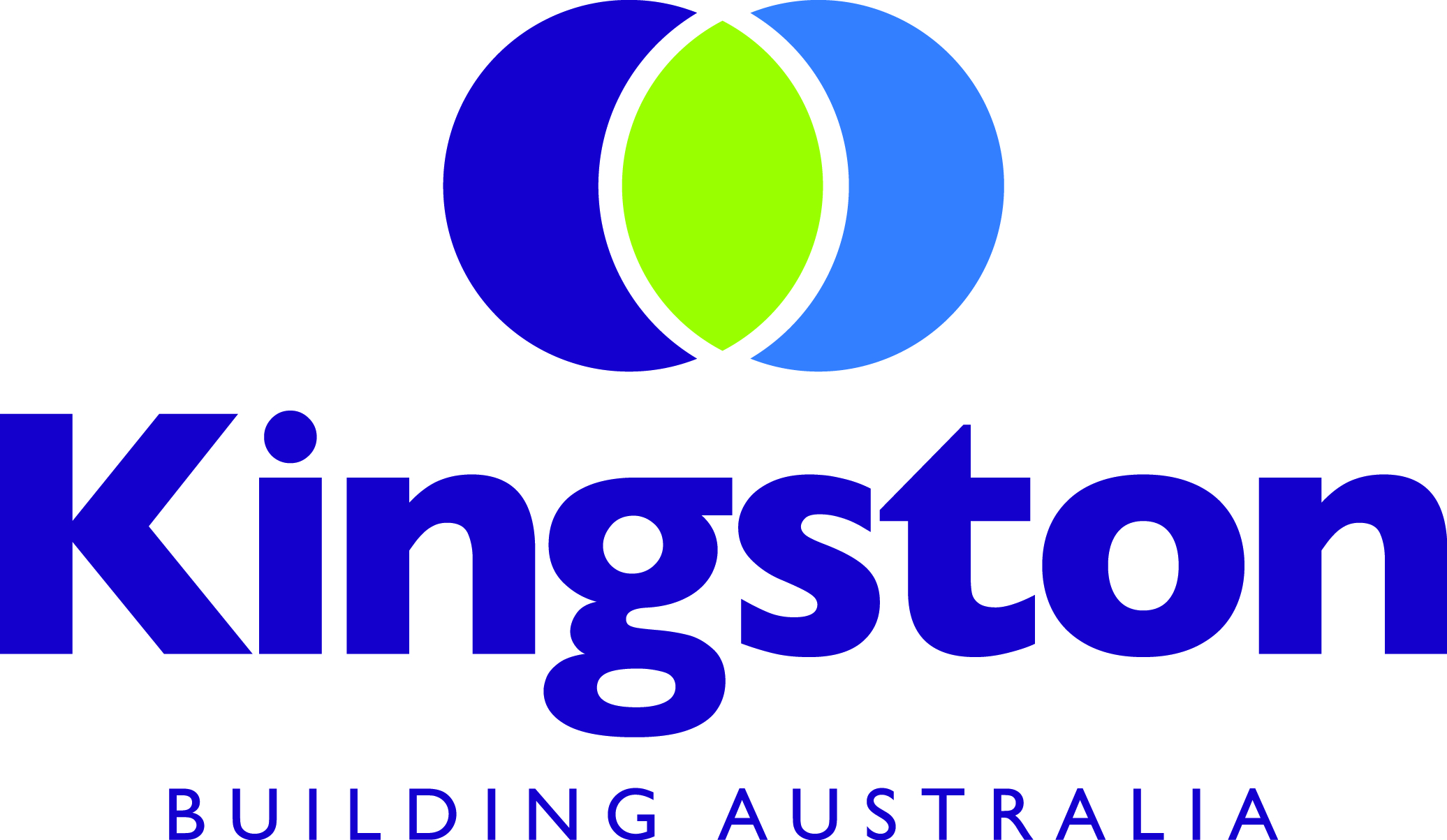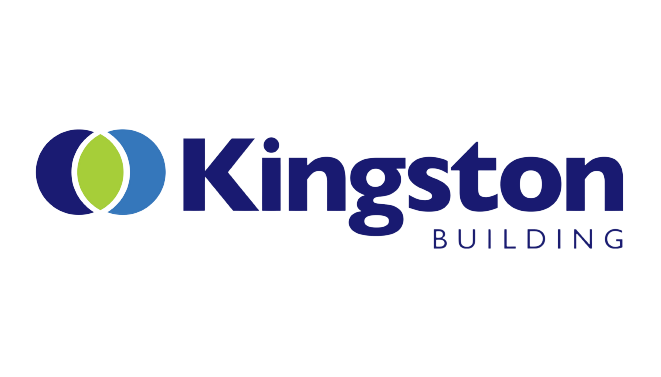Information
-
Audit Title
-
Document No.
-
Client / Site
-
Conducted on
-
Prepared by
-
Location
-
Personnel
1. Layout
-
Area is clean, tidy and well kept.
-
Adequate storage area provided.
-
Floor is free of obstructions and slip resistant.
-
There is adequate ventilation.
2. Environment
-
Temperature is comfortable.
-
Lighting is adequate.
-
Lighting is on unnecessarily?
-
Area is free from odors?
-
No litter on site and rubbish being separated and recycled where possible?
3. Emergency Procedures
-
Written evacuation procedures and exits displayed
-
Are spill kits available?
-
Portable fire extinguishers have been provided and maintained.
-
Escape routes and emergency doors are clear.
-
Residual current devices (RCD) are installed at switchboards or fixed into sockets. (It should be clearly marked on socket).
-
Emergency and hazard signage is clearly visable.
4. First Aid Facilities
-
There are appropriate first aid and emergency facilities in the near vicinity and workers' are aware of them.
-
Kits are clearly signed, stocked and contents are in-date.
-
Names and contacts of first aiders displayed and up to date.
5. General Facilities
-
Washing facilities are clean and functional.
-
Are stairs, passageways and store rooms well lit?
-
Warning and Safety signage in good condition.
6. Manual Handling
-
Personnel in inspection area are inducted and trained in manual handling.
-
trolleys or mechanical hoists are available and are being considered for heavy items or loads.
-
Step ladders or safe steps available to access light items stored on high shelves.
-
All manual task-related incidents have been adequately investigated and control measures implemented and reviewed.
7. Storage
-
Materials stored in racks and bins wherever possible are not above shoulder height.
-
Storage designed to minimize lifting problems I.e. heavy objects not stored on upper racks.
-
Racking securely fixed to the floor or wall.
-
Are storage areas labelled appropriately and organized.
8. Slips and Trips
-
Walkways are free of hazards, such as electrical leads.
9. Electrical
-
all portable equipment has current test tags.
-
Manufacturer's manuals and operator instructions are readily available.
-
Flexable cord, plugs ad extension leads are in good condition and have either moulded or transparent type plugs.
-
Power points are suitable for the location and are positioned safely.
-
Power boards are used. (not double adapters).
-
Faulty equipment is tagged out. (Tag and tags is available).
-
All equipment not in use is turned off to conserve electricity?
10. Chemical Aspects
-
MSDS (not older older than 5 years) are available for workers reference and included in the hazardous substances register.
-
there is an up to date easy to find and read list/register summary of all chemicals used.
-
Actions have been take to control risks.
-
decanted containers are labeled with name, risk and safety instructions.
-
Original containers have the manufacturer's label.
-
Chemicals stored according to compatibility and bundled i.e. in flammable or corrosive cabinets.
-
Only flammables stored in flammable liquid cabinet?
-
Are the warning signs on the cabinet legible? (e.g. DG Class 3 diamond, no smoking, no ignition sources).
-
Is there any evidence of spills / leaks?
11. Personal Protective Equipment
-
Instruction and information of PPE are available.
-
Signage of PPE requirements displayed.
-
Required PPE available
12. Noise
-
Hearing protection is being worn where required.
-
workers have received information and training in relation to noise at the workplace.
13. Machinery and Plant
-
Records are kept of maintenance, alterations and inspections.
-
Keys are not left behind in unattended mobile plant.
-
Are safe work method statements/warning signs clearly visible?
-
Work area is organized for the safety of the mobile plant operator and pedestrians. (Safe walkways on floor?)
-
Forklift operators hold a high risk work license for forklift operation and have reached 18 years of age.
-
Pre-start safety check of mobile plant is carried out in accordance to Manufactures instructions
-
Mobile plant is in good working order. (Seat, lights, steering, controls, horn, tyres, gas cylinder, warning signs, brakes, mast, chains, hoses, counterweight, control labels).
-
Seatbelt and rollover protection is provided wherer required.
-
Are records of training held for appropriately trained people?
-
Emergency stops tested and are working.
-
Welding screens available, maintained and in good condition.
14. Guarding
-
Where fixed guards are provided, they prevent operation of the machinery when open, the guards are prevented from opening while the machinery is in operation.
-
Guards protect against hazards to the rear and sides of machinery.
-
Pre-operational checks are conducted to ensure safety features are in working order.
-
Warning signs and decals clearly visible.
-
Where it is not practical to provide guarding and people are required to operate or pass close to dangerous moving parts, a safe system of work in place to reduce risk.
-
Manufacturer's manuals are available for operators.
15. Welding Safety
-
Are staff appropriately trained and inducted in the dangers of performing welding tasks?
-
are welding operators provided with the appropriate PPE?
-
Is there adequate ventilation for welding tasks?
-
Are there appropriate warning signs in welding areas?
-
Are welding screens used when performing welding tasks?
-
Are ventilation systems working adequately?
16. Compressed Gas
-
Cylinders contents are identified and appropriately secured.
-
cylinders are stored according to dangerous goods class and empty cylinders are separated from full ones.
-
Gas lines are free of leaks, kinks, wear & tear.
Other Hazards
-
Other hazards
Signatures
-
Add signature
